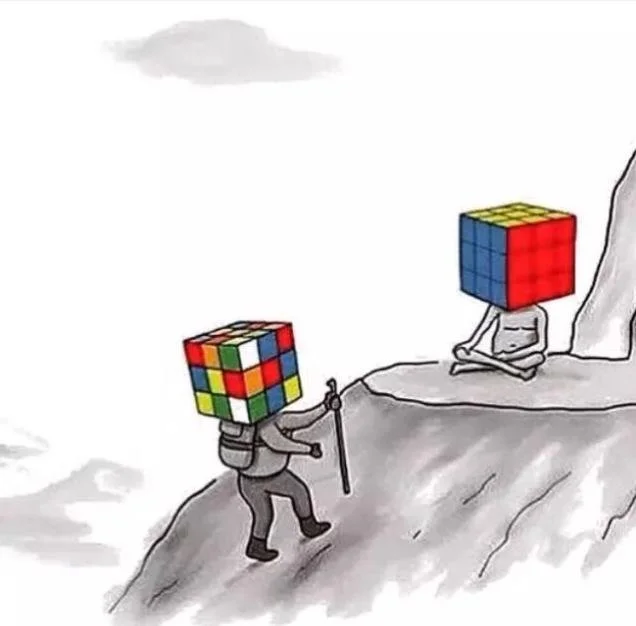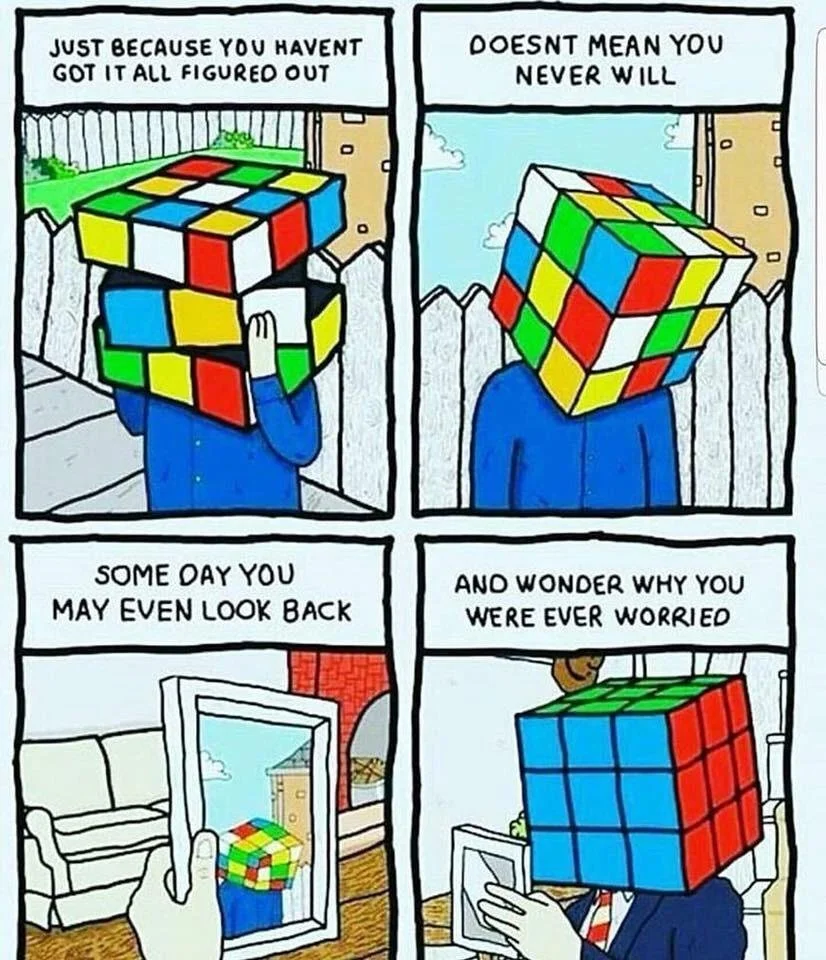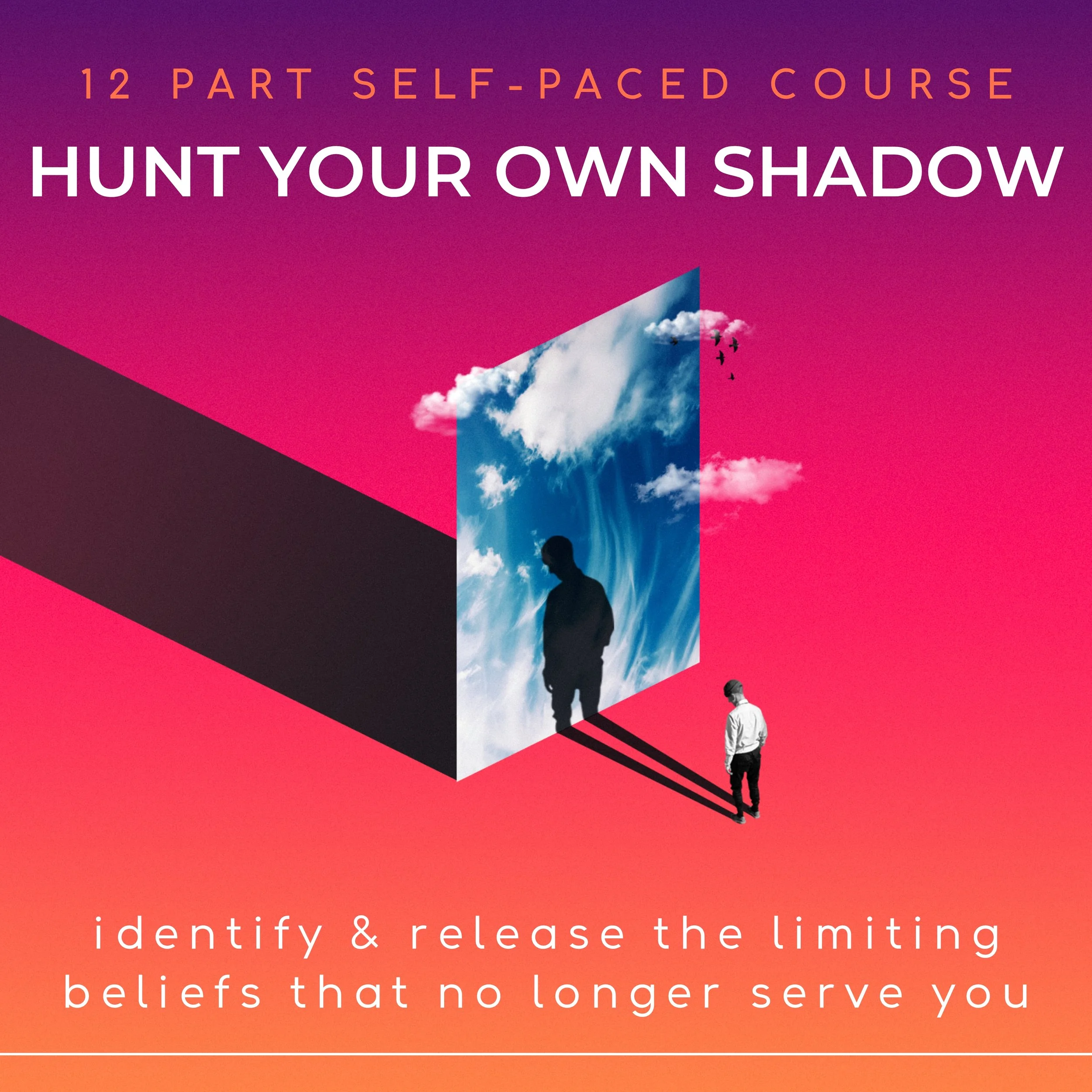Why You Should Stop Striving For Enlightenment
- Ch: 14 of Mindfulness, A Guidebook to the Present Moment -
Zen suggests that when sitting, you simply sit. If enlightenment comes it comes. But you should stop striving for it. There should be no expectations of growth, change, happiness, or insights. You should sit for sitting’s sake, or more specifically, you should just sit.
We have discussed how we can only have the meditation that we are having, focusing on how our desire to avoid certain feelings or have others will lead us away from mindfulness. This is an important point and is one that is worth drilling down upon.
When I first heard this sentiment, I was confused. If there are no benefits, what is the point of the practice? Why would I waste my time doing something that will not yield any tangible results? But over time, with more reading and countless more hours on the meditation mat, something clicked.
There Is Nothing To Attain
There is no special state, no higher plane, no trance. Now is all that exists, and any mental concepts, expectations or desires corrupt its purity. If there is such a state as enlightenment, it will not feel different from the present moment, so stop striving. Rather it will be the total acceptance of the present moment, for what it is, as it is. There is nothing to attain.
‘Truth comes when your mind and heart are purged of all sense of striving and you are no longer trying to become somebody; it is there when the mind is very quiet, listening timelessly to everything.’ - Bruce Lee
When we have expectations on our practice, when we are hoping to ‘get there’, or think that we should already be able to meditate with a certain level of proficiency, we are subtly engaging in thought and emotion. We have stopped observing and started to act without mindfulness, and thus we may be blocking ourselves off from the deeper aspects of our practice. Still, there is an inherent contradiction here. By reading these words you may now expect that ‘something good will happen if you drop your expectations’. Perhaps that is true, but that is nonetheless an expectation in and of itself. Beyond that, it is a rare person indeed who will commit themselves to something with no promise of reward.
Stop striving.
We can approach this contradiction by way of analogy. Imagine you find a painful thorn stuck in your thumb. When your attempts to shake and suck it out fail, you grab a second thorn and use it to dig the first one out. Then, when your wound is clean, you throw away both thorns.
In this analogy, the first thorn is maya (delusion, ignorance, or untrue seeing), and you are using the second thorn of your mindfulness meditation practice, and the promises and assumptions therein, to help you to remove it. Eventually though, you will need to give up all expectations and simply ‘be’. In a sense, when you stop striving your life will become synonymous with mindfulness.
It is here that words begin to fail us, because any attempt to describe such a state would by definition be applying expectations and assumptions onto it. You cannot help but interpret words through your own lens. To truly grasp the mindfulness state, it must be experienced. With that said, there are some accounts that do provide an excellent approximation to such insights, these can be found in the books ‘On Having No Head’, by Douglas Harding and ‘One Blade Of Grass’ by Henry Shukman, as well as found in Part Five: The Feel Of Mindfulness, of Mindfulness: A Guidebook To The Present Moment
‘Before one studies Zen, mountains are mountains and waters are waters; after a first glimpse into the truth of Zen, mountains are no longer mountains and waters are no longer waters; after enlightenment, mountains are once again mountains and waters once again waters.’ - Dōgen Zenji
The instruction to ‘stop striving’ is paradoxical. To get the true benefits of meditation, you need to stop focusing on attaining those benefits because that focus will hinder your progress. Yet if you do not feel progression, your motivation may wane. The only way through is to continue with your practice and take what comes as it comes. Try not to get attached to your progress, how often or how much you are meditating, nor the insights that come.
Just sit and observe what arises.
If this post has resonated with you, I would love your support.
Read more:
What Meditation Really Is
Finding A Meditation Group/Guru: What To Look For & What To Avoid
Read another chapter from Mindfulness, A Guidebook to the Present Moment
Out now: eBook, Paperback & Audible
Your shadow is the gateway to a more authentic you.
This course is your guide to profound inner work. Through powerful insights, guided prompts, and proven techniques, you'll navigate your shadow, heal unresolved wounds, and reintegrate the parts of yourself you’ve long ignored.
What’s Inside:
12 x Guided Meditation & Contemplations
12 x Introspective Prompts
12 x Expansion Challenges
A comprehensive instructional PDF guidebook
Unlimited email coaching for ongoing support and personalized guidance
Explore full course details and watch intro video here!
This isn’t just about healing, it’s about meeting your shadow head-on, embracing every part of yourself, and reclaiming your full power.
Are you ready to face what’s been hidden and step into your truth?


